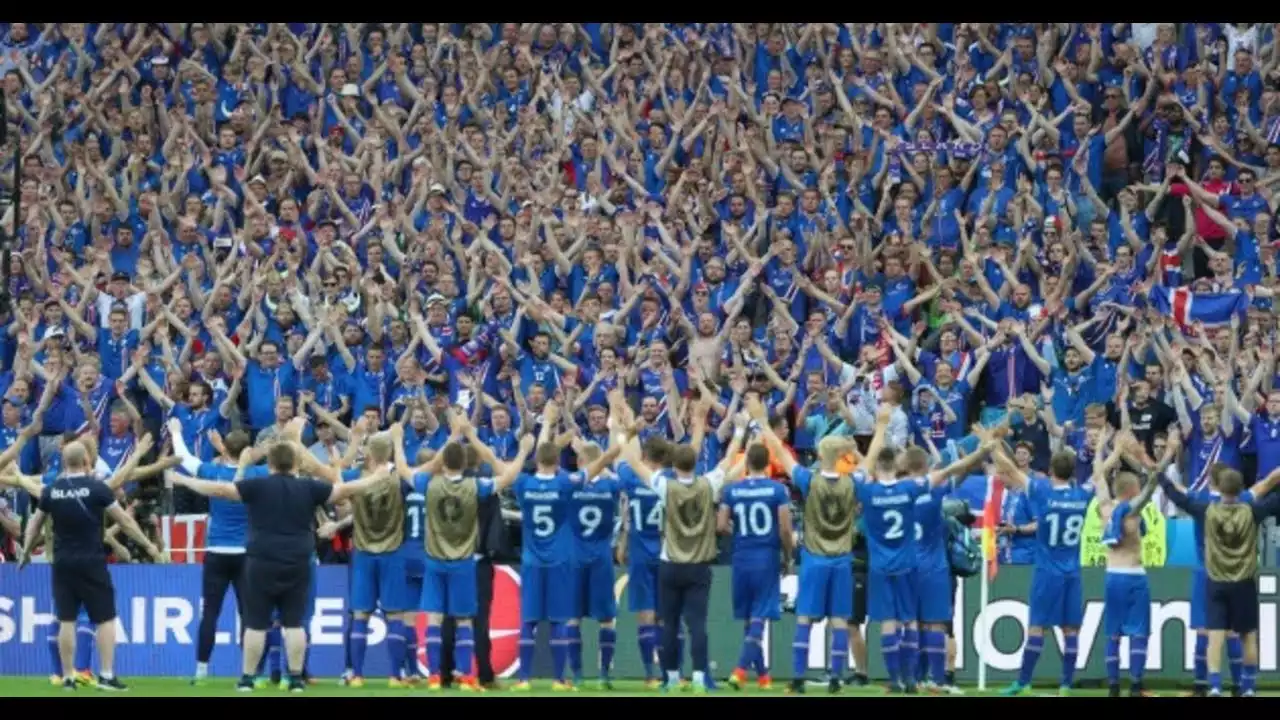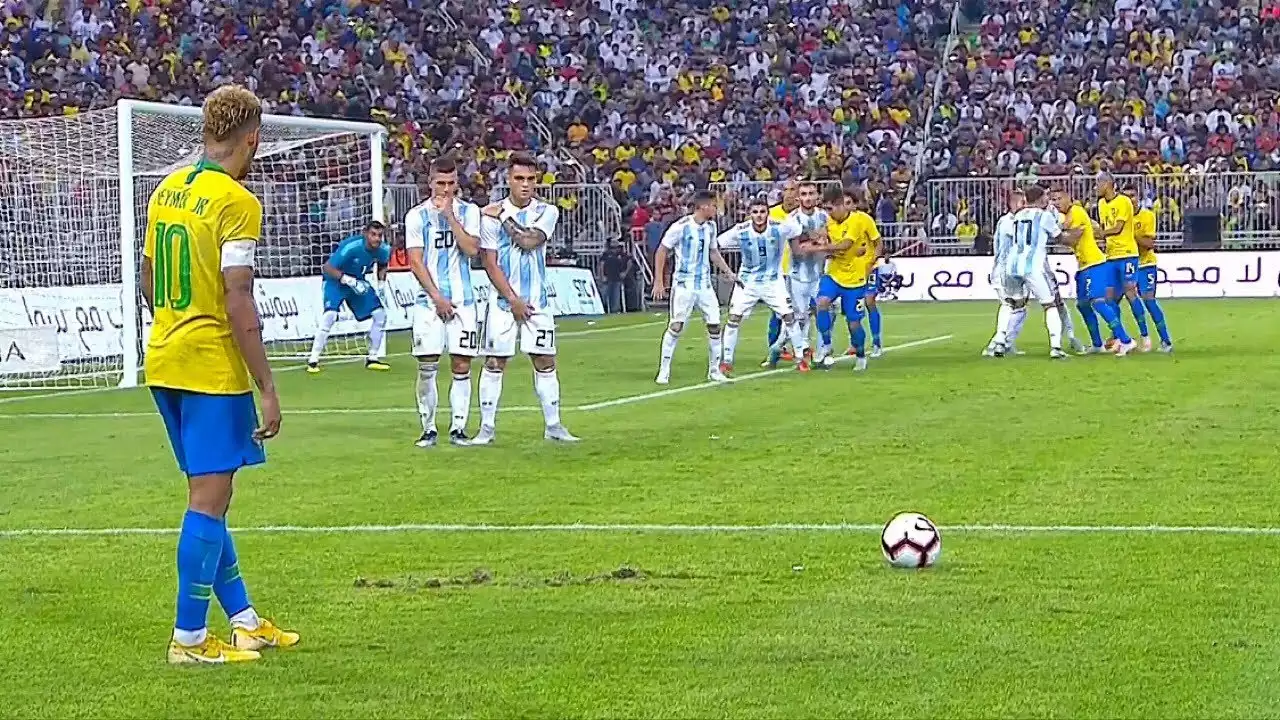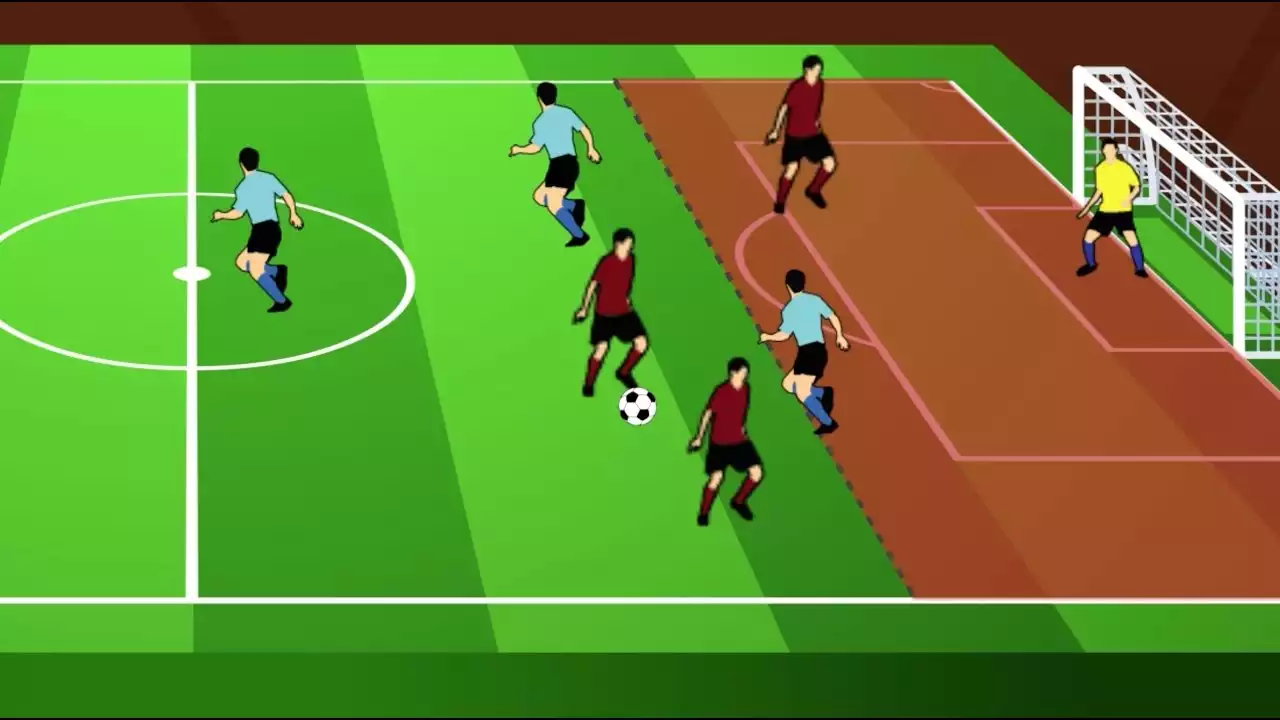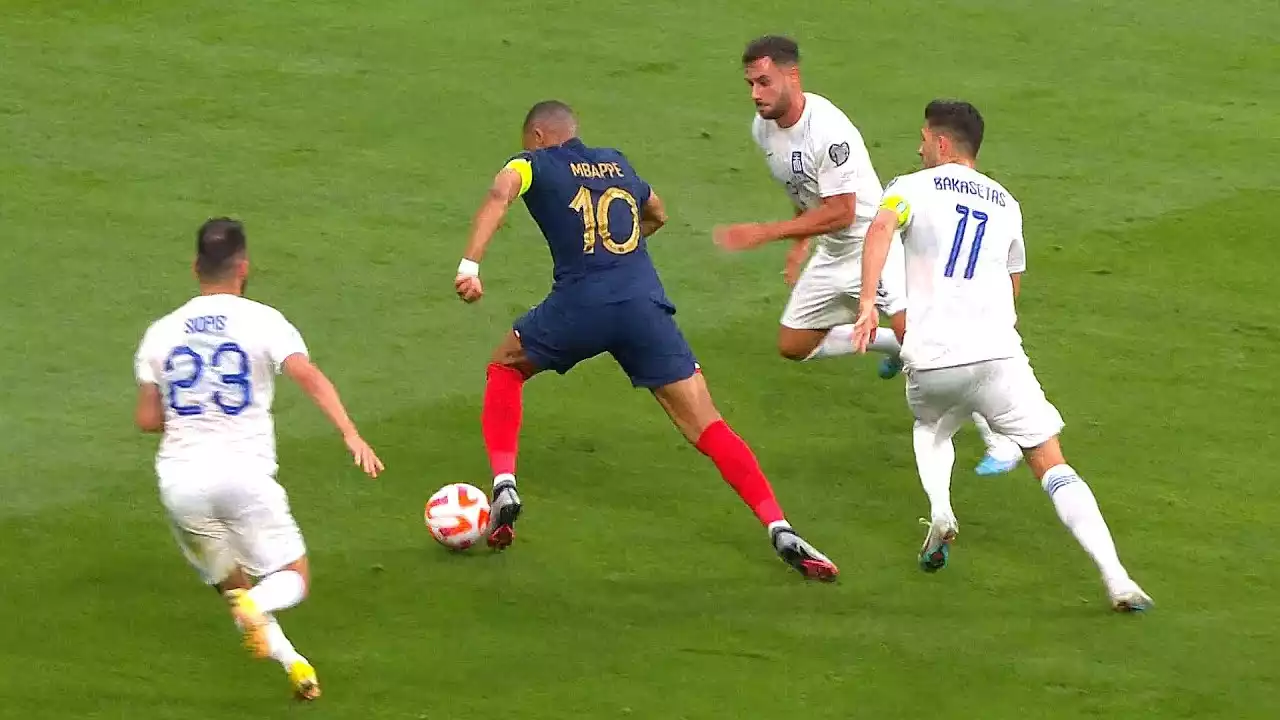The significance of the Olympic Football Format for smaller nations
The Olympic football format holds immense significance for smaller nations in several ways. Firstly, it provides a platform for these nations to showcase their talent and potential on a global scale. This exposure not only brings attention to their footballing prowess but also helps to attract investment, sponsorships, and opportunities for their players to compete in prestigious leagues around the world. The Olympic stage acts as a launchpad for young talents, enabling them to gain international recognition and pave their way towards professional football careers.
Moreover, the Olympic football format promotes inclusivity and diversity in the global football community. By giving smaller nations the chance to compete against traditional powerhouses, it challenges the existing hierarchy and breaks down barriers that often prevent these nations from participating in other major tournaments. This inclusivity fosters cultural exchange, fosters mutual respect, and brings the football world closer together.
The challenges faced by smaller nations in Olympic football
While the Olympic football format offers a unique opportunity for smaller nations, it also presents its fair share of challenges. One of the most significant challenges is the limited resources available to these nations compared to their more established counterparts. Smaller nations often struggle with inadequate infrastructure, limited funding for training facilities, and a lack of access to quality coaching and development programs. These barriers can hinder the growth and progress of players, making it difficult for them to compete at the same level as their counterparts from larger and wealthier nations.
Another challenge faced by smaller nations is the lack of exposure and experience at the international level. Many of these nations have limited opportunities to play against top-tier teams, resulting in a lack of familiarity with the intensity and skill required to compete at the highest level. This lack of experience can make it challenging for players from smaller nations to adapt quickly to the pace and physicality of Olympic football, putting them at a disadvantage against more seasoned opponents.
Success stories of smaller nations in Olympic football
Despite the challenges they face, smaller nations have had their fair share of success stories in Olympic football. One such story is the historic gold medal win by Cameroon in the 2000 Sydney Olympics. Against all odds, Cameroon's team, primarily composed of young and relatively unknown players, shocked the football world by defeating Brazil in the final. This victory not only put Cameroon on the map but also inspired a new generation of footballers in the country. It showcased the potential and talent that can emerge from smaller nations when given the opportunity to compete on a global stage.
Another remarkable success story is the rise of the Icelandic national team. Iceland, with a population of just over 350,000, made its Olympic debut in 1912 and has since made significant strides in football. In recent years, Iceland's national team has achieved unprecedented success, qualifying for the 2016 UEFA European Championship and the 2018 FIFA World Cup. These achievements highlight the impact of the Olympic football format in providing exposure and opportunities for smaller nations to develop their football programs and compete at the highest level.
The impact of the Olympic Football Format on player development in smaller nations
The Olympic football format plays a crucial role in the development of players from smaller nations. It provides a platform for young talents to gain invaluable experience, improve their skills, and learn from playing against high-quality opposition. The exposure to different styles of play, techniques, and strategies helps these players broaden their horizons and develop a more well-rounded understanding of the game. This exposure also allows scouts and talent spotters from top clubs around the world to take notice of these players, potentially opening doors for professional contracts and career opportunities.
Furthermore, the Olympic football format fosters a spirit of resilience and determination among players from smaller nations. The opportunity to compete against more established teams and players pushes them to raise their game and overcome challenges. This mental fortitude and competitive spirit developed through Olympic football can have a lasting impact on the players' careers, making them better equipped to handle pressure situations and succeed at higher levels of the game.
Strategies for smaller nations to bridge the gap in Olympic football
To bridge the gap in Olympic football, smaller nations need to adopt a multi-faceted approach that addresses the challenges they face. Firstly, investing in grassroots development programs is crucial. By nurturing young talent from a young age and providing them with quality coaching and infrastructure, smaller nations can lay a solid foundation for the future. This investment should prioritize not just technical skills but also physical conditioning, tactical understanding, and mental resilience.
Additionally, forging partnerships with more established footballing nations can be beneficial for smaller nations. Collaborations in areas such as coaching exchanges, talent development initiatives, and friendly matches can help smaller nations learn from the experiences and expertise of their counterparts. This exchange of knowledge and resources can accelerate the growth and development of football programs in smaller nations, enabling them to bridge the gap and compete at a higher level.
The role of coaching and infrastructure in the development of smaller nations' football programs
Quality coaching and infrastructure are vital components in the development of smaller nations' football programs. Smaller nations should prioritize investing in well-trained and experienced coaches who can provide the necessary guidance and mentorship to young players. Coaches should focus not only on technical skills but also on fostering a positive team culture, instilling discipline, and nurturing the mental attributes required to succeed in high-pressure situations.
Furthermore, improving infrastructure is essential for the growth of football in smaller nations. Adequate training facilities, well-maintained pitches, and access to sports science and medical support are critical for player development. Investment in infrastructure should also extend to grassroots programs, ensuring that young players have access to quality training and development opportunities from an early age.
The importance of funding and support for smaller nations in Olympic football
Financial support is a crucial factor in the success of smaller nations in Olympic football. Smaller nations often face financial constraints that limit their ability to invest in player development programs, infrastructure, and travel expenses for international tournaments. To bridge this gap, it is essential for football governing bodies, sponsors, and other stakeholders to provide financial support and resources to smaller nations. This support can come in the form of grants, sponsorships, and partnerships that enable these nations to invest in the necessary resources and create a sustainable football ecosystem.
Furthermore, support from the international football community in terms of mentorship, knowledge sharing, and technical assistance can play a significant role in the development of smaller nations. Collaborative initiatives and programs that focus on sharing best practices, providing training opportunities, and facilitating exchanges between football associations can help smaller nations overcome their challenges and build a strong foundation for success.
Lessons learned from the Olympic Football Format for smaller nations
The Olympic football format has provided several valuable lessons for smaller nations. Firstly, it has highlighted the importance of creating equal opportunities for participation and inclusion in global football events. By leveling the playing field, smaller nations have been able to challenge traditional powerhouses and demonstrate their potential. This lesson can be applied beyond the Olympic format to other tournaments and competitions, promoting diversity and inclusivity in the football world.
Secondly, the Olympic football format has emphasized the need for long-term investment and development programs. Success for smaller nations is not achieved overnight but requires sustained efforts in talent development, infrastructure improvement, and financial support. Smaller nations must adopt a strategic approach that focuses on nurturing talent, providing quality coaching, and building a robust football ecosystem to sustain their progress.
The Olympic football format has had a profound impact on smaller nations, allowing them to bridge the gap between football's established elite and emerging talents. It has provided a platform for these nations to showcase their skills, promote inclusivity and diversity, and facilitate the growth and recognition of football in their respective countries. By addressing challenges, investing in player development, coaching, infrastructure, and securing financial support, smaller nations can continue to make their mark on the global football stage, inspiring future generations and enriching the sport as a whole.










